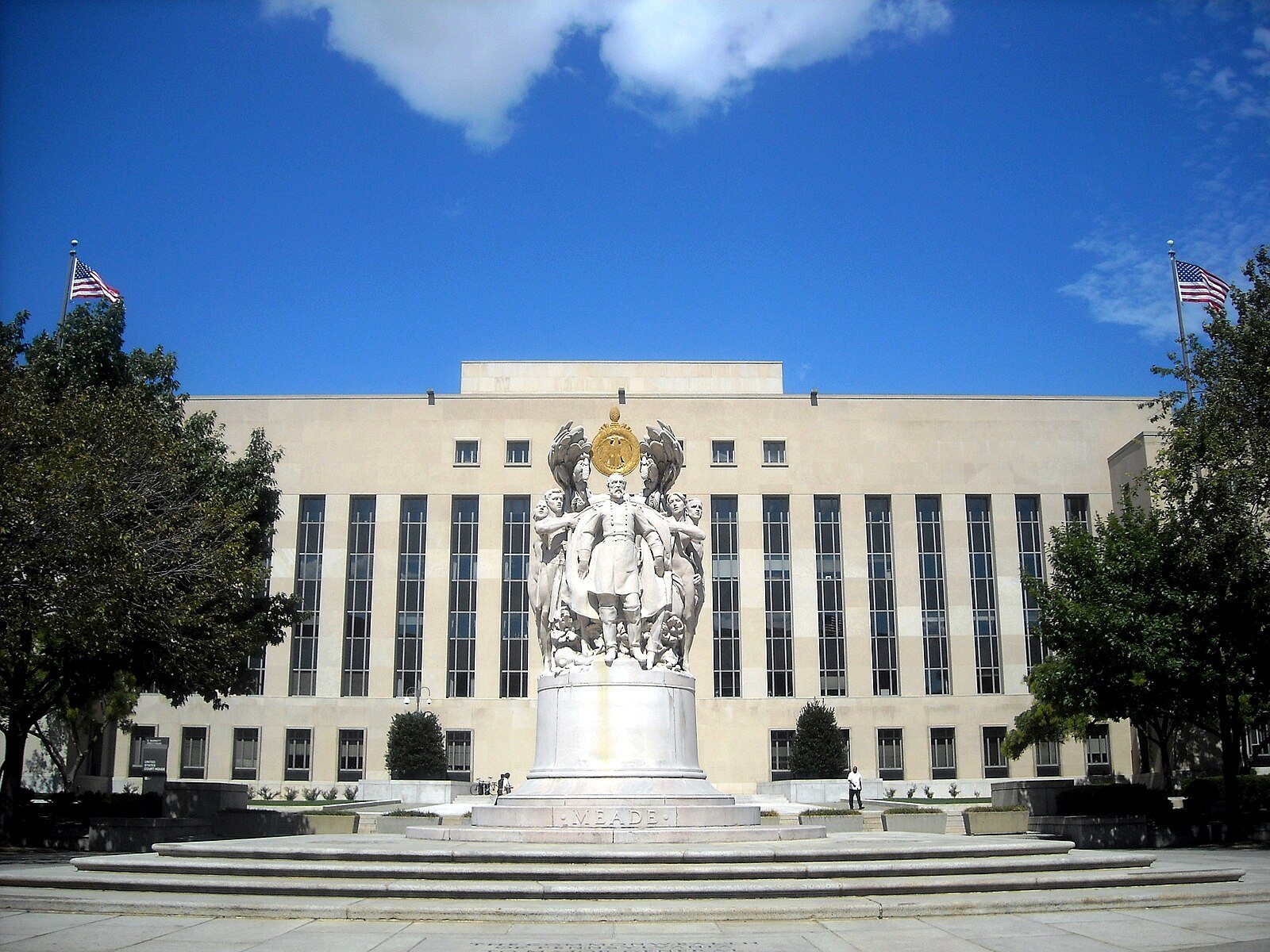Supreme Court Grants Cert. in Zivotofsky
The Supreme Court granted cert. today in Zivotofsky v. Clinton. In that case the D.C. Circuit, on remand from the Supreme Court, held that Section 214(d) of the 2003 Foreign Relations Authorization Act, which requires the Secretary of State to record “Israel” as the place of birth on a U.S.
Published by The Lawfare Institute
in Cooperation With

The Supreme Court granted cert. today in Zivotofsky v. Clinton. In that case the D.C. Circuit, on remand from the Supreme Court, held that Section 214(d) of the 2003 Foreign Relations Authorization Act, which requires the Secretary of State to record “Israel” as the place of birth on a U.S. citizen’s passport, is an unconstitutional intrusion on the President’s exclusive power to recognize foreign nations. Here is Curt Bradley’s summary of the facts and legal issues in the case, here is Samantha Goldstein’s summary of the D.C. Circuit’s opinion, and here is my quick reaction to that opinion. The case is very important for many reasons. The main reason, in my view, is that the Court will need address the scope of the President’s exclusive power in a foreign relations context – something it has rarely (if ever) squarely done. And although that context is the discreet and arguably textually distinctive one of the President’s recognition power, the Court’s methodology for determining exclusivity in that context will almost certainly have implications in other contexts. Zivotofsky, in short, is a potentially huge separation of powers case.


.jpg?sfvrsn=407c2736_6)


